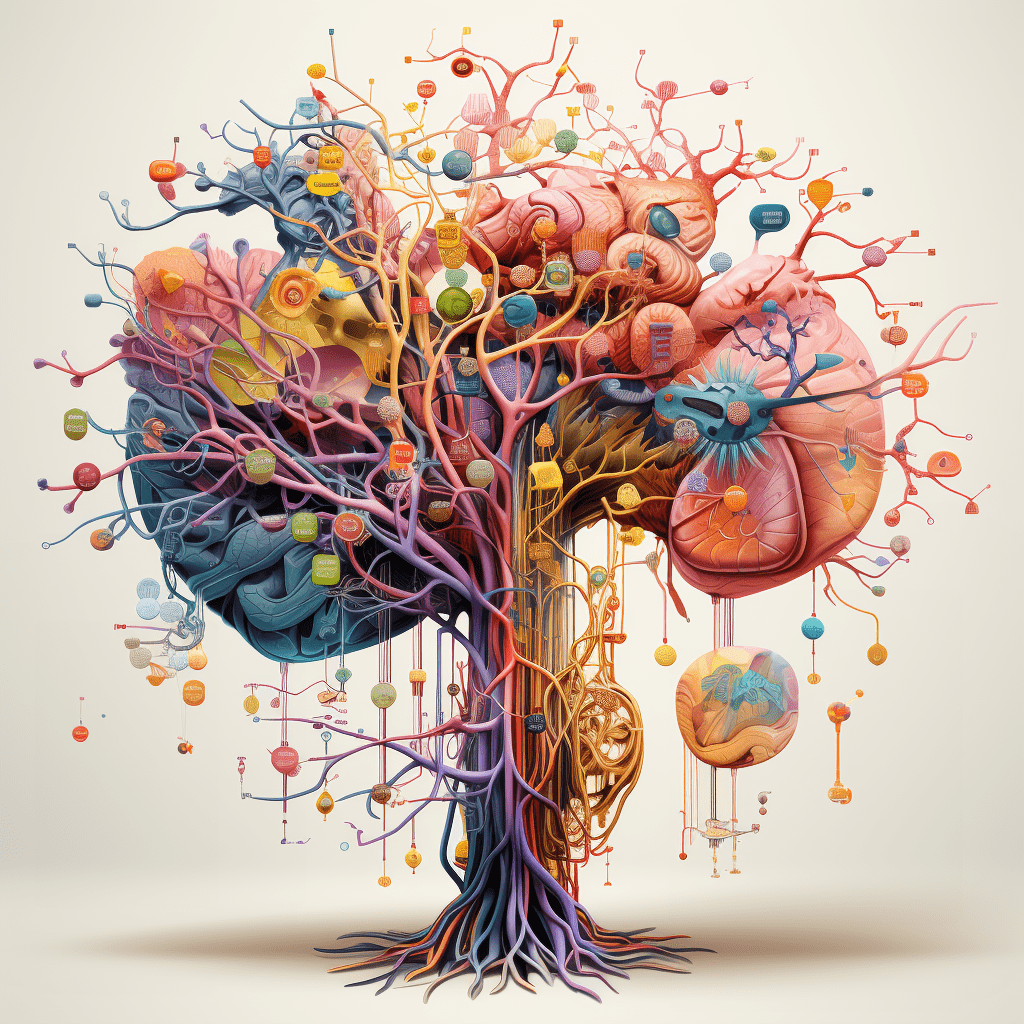AIFAG No. 10 AI in the Healthcare and Pharmaceutical Industry

Purpose and Scope:
This guide provides specific accounting guidelines for entities in the healthcare and pharmaceutical sector that harness artificial intelligence for diagnostics, treatment recommendations, and drug discovery.
1. Principle of Valuation of AI-Driven Healthcare Assets:
- AI-powered systems, like diagnostic algorithms, patient monitoring tools, and drug discovery platforms, should be assessed based on their capacity to improve patient outcomes, streamline medical procedures, and accelerate drug development.
2. Principle of Data Handling in Patient Care:
- Financial implications concerning the collection, analysis, and potential breaches of patient medical records, diagnostic data, and treatment histories by AI systems should be addressed. Provisions for potential data breaches and their associated costs should be anticipated.
3. Principle of AI in Predictive Diagnostics and Personalized Treatments:
- AI's capability to predict patient health trends, offer early diagnostics, and suggest personalized treatment plans can influence financial planning due to improved patient care and reduced treatment costs.
4. Principle of Ethical Considerations in AI-Driven Medical Decisions:
- Ethical considerations, such as biases in AI-driven diagnostics or treatment recommendations, can have financial implications in terms of patient trust, legal liabilities, and regulatory compliance.
5. Principle of AI-Driven Drug Discovery and Development:
- AI tools that accelerate drug discovery, optimize clinical trials, and predict drug interactions can significantly reduce research and development costs and should be factored into financial forecasts.
6. Principle of Human-AI Collaboration in Medical Procedures:
- While AI can assist in various medical tasks, human expertise remains essential for interpreting complex cases, building patient rapport, and making critical medical decisions.
7. Principle of AI in Hospital and Clinic Management:
- AI's role in optimizing hospital operations, from staff scheduling to resource allocation, should be considered in financial planning and operational strategies.
Updates and Amendments:The AIFAG guidelines will be routinely reviewed and updated to incorporate advancements in AI technology, evolving global healthcare practices, and feedback from stakeholders and the public.
Note: This is a fictional representation and does not represent any real-world standard for AI. The development of such standards would involve extensive consultations with experts, stakeholders, and the public. Fictional representations simplify complex AI concepts, stimulate discussion, envision future scenarios, highlight ethical considerations, encourage creativity, bridge knowledge gaps, and set benchmarks for debate in fields like accounting.